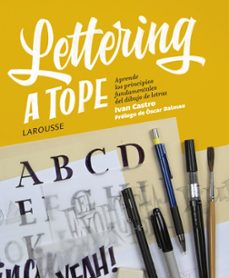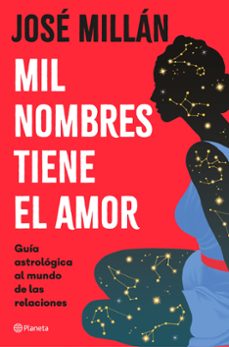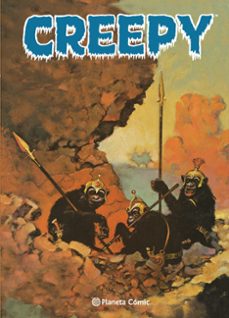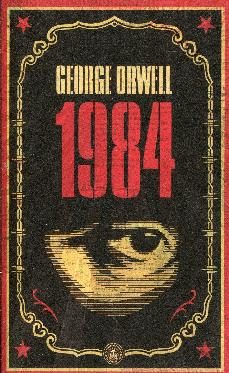📗 Libro en inglés A BRIEFER HISTORY OF TIME
BANTAM. TRANSWORLD PUBLISHERS- 9780593054970
Sinopsis de A BRIEFER HISTORY OF TIME
Stephen Hawking’s worldwide bestseller, A Brief History of Time, has been a landmark volume in scientific writing. Its author’s engaging voice is one reason, and the compelling subjects he addresses is another: the nature of space and time, the role of God in creation, the history and future of the universe. But it is also true that in the years since its publication, readers have repeatedly told Professor Hawking of their great difficulty in understanding some of the book’s most important concepts.
This is the origin of and the reason for A Briefer History of Time: its author’s wish to make its content more accessible to readers –as well as to bring it up-to-date with the latest scientific observations and findings.
Although this book is literally somewhat “briefer,” it actually expands on the great subjects of the original. Purely technical concepts, such as the mathematics of chaotic boundary conditions, are gone. Conversely, subjects of wide interest that were difficult to follow because they were interspersed throughout the book have now been given entire chapters of their own, including relativity, curved space, and quantum theory.
This reorganization has allowed the authors to expand areas of special interest and recent progress, from the latest developments in string theory to exciting developments in the search for a complete unified theory of all the forces of physics. Like prior editions of the book–but even more so–A Briefer History of Time will guide nonscientists everywhere in the ongoing search for the tantalizing secrets at the heart of time and space.
This is the origin of and the reason for A Briefer History of Time: its author’s wish to make its content more accessible to readers –as well as to bring it up-to-date with the latest scientific observations and findings.
Although this book is literally somewhat “briefer,” it actually expands on the great subjects of the original. Purely technical concepts, such as the mathematics of chaotic boundary conditions, are gone. Conversely, subjects of wide interest that were difficult to follow because they were interspersed throughout the book have now been given entire chapters of their own, including relativity, curved space, and quantum theory.
This reorganization has allowed the authors to expand areas of special interest and recent progress, from the latest developments in string theory to exciting developments in the search for a complete unified theory of all the forces of physics. Like prior editions of the book–but even more so–A Briefer History of Time will guide nonscientists everywhere in the ongoing search for the tantalizing secrets at the heart of time and space.
Ficha técnica
Editorial: Bantam. Transworld Publishers
ISBN: 9780593054970
Idioma: Inglés
Número de páginas: 176
Encuadernación: Tapa blanda
Fecha de lanzamiento: 06/10/2005
Año de edición: 2005
Plaza de edición: London
Alto: 22.0 cm
Ancho: 15.0 cm
Especificaciones del producto
Escrito por Leonard Mlodinow
Leonard Mlodinow es doctor en física por la Universidad de California. Fue miembro del claustro del California Institute of Technology y obtuvo una beca de la fundación Alexander von Humboldt en el Instituto Max Planck de Física y Astrofísica en Múnich. Ha trabajado como guionista de las series de televisión Star Trek: The Next Generation y MacGyver. En Crítica ha publicado El arcoiris de Feynman (2004), El andar del borracho (2008), Subliminal (2013), Las lagartijas no se hacen preguntas (2016), Emocional (2022) y, junto a Stephen Hawking, Brevísima historia del tiempo (2005) y El gran diseño (2012).
Descubre más sobre Leonard Mlodinow Recibe novedades de Leonard Mlodinow directamente en tu email
Opiniones sobre A BRIEFER HISTORY OF TIME
¡Sólo por opinar entras en el sorteo mensual de tres tarjetas regalo valoradas en 20€*!
(1) comentario
(1)
(0)
(0)
(0)
(0)
Ordenar por:
1 opiniones de usuarios
Alejandro
08/11/2016
Tapa blanda
muy bien
Ver todas las opiniones (1)






























